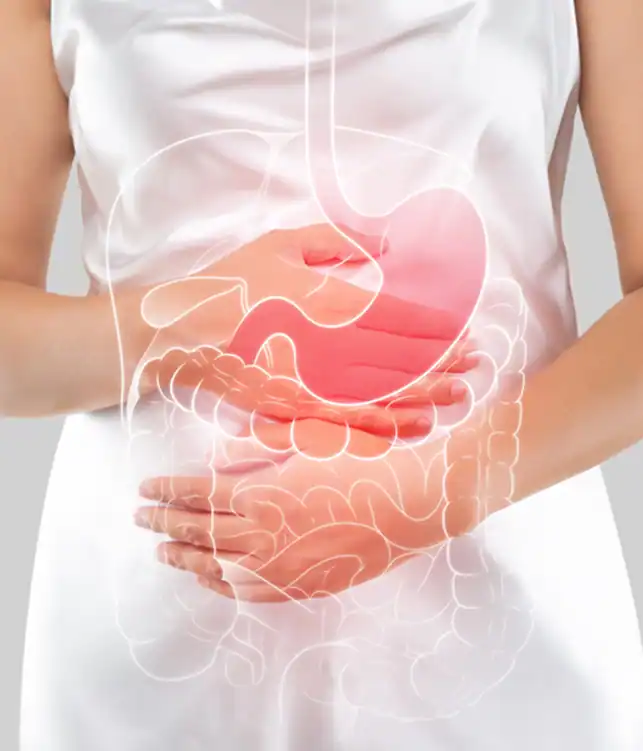Stomach cancers develop slowly, often without symptoms. Treatment depends on cancer location; for instance, GE junction cancers are treated like esophagus cancers.
Sunrise Oncology Centre is your premier destination for comprehensive care and support in the fight against stomach cancer. Be assured that you are in the hands of the finest professionals dedicated to your well-being. Our center proudly boasts the title of being the best hospital for stomach cancer treatment in India, with a team of esteemed specialists renowned for their expertise and compassion. Here, you will find solace in knowing that you are under the care of the best stomach cancer doctors in India, committed to personalized treatment plans tailored to your unique needs. With state-of-the-art facilities and a patient-centered approach, we strive to empower and guide you through every step of your battle against this formidable disease.
